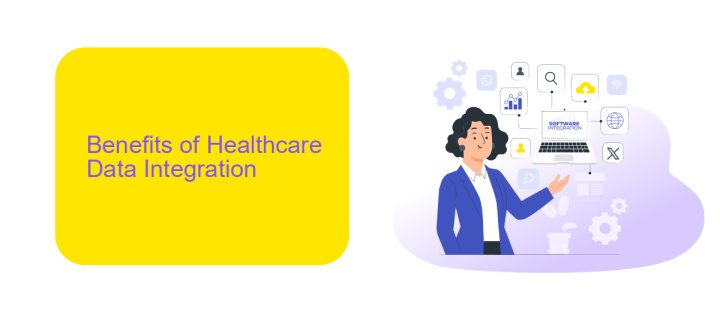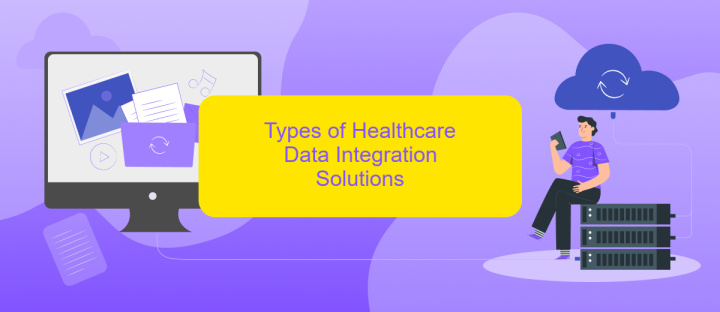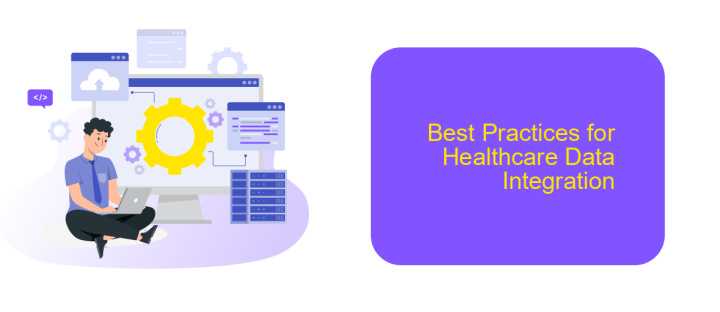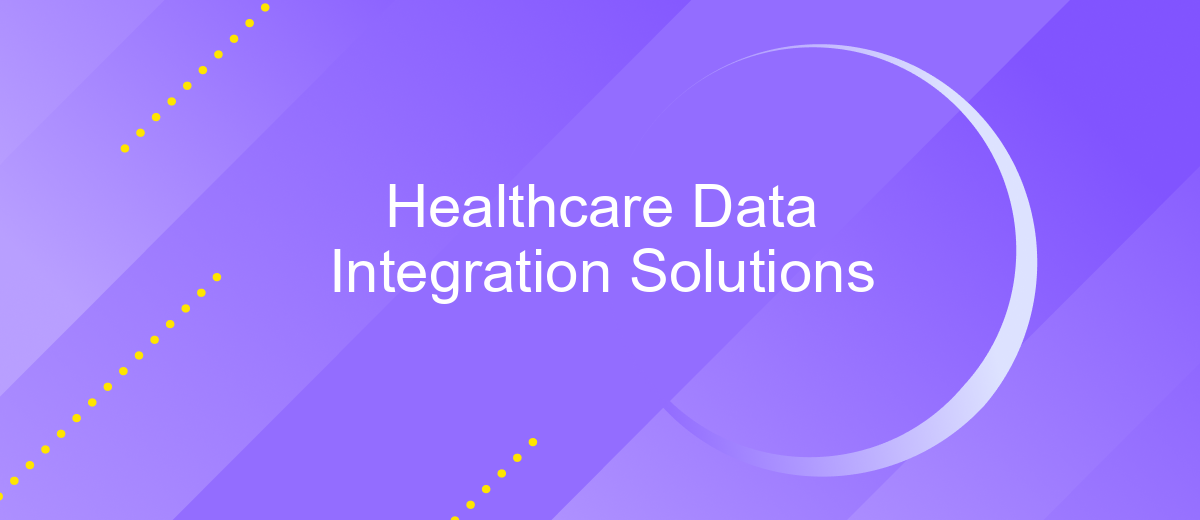Healthcare Data Integration Solutions
In today's rapidly evolving healthcare landscape, the integration of data from diverse sources is crucial for delivering high-quality patient care. Healthcare Data Integration Solutions offer seamless interoperability, enabling healthcare providers to access comprehensive patient information, streamline workflows, and make informed decisions. This article explores the benefits, challenges, and key technologies driving the successful implementation of data integration solutions in the healthcare industry.
Data Integration Challenges
Integrating healthcare data from multiple sources poses significant challenges. These challenges can hinder the seamless flow of information, impacting patient care and operational efficiency.
- Data Standardization: Different systems often use varied formats, making it difficult to unify data.
- Data Privacy and Security: Ensuring compliance with regulations like HIPAA while integrating data is crucial.
- System Compatibility: Legacy systems may not be compatible with new technologies, complicating integration efforts.
- Data Quality: Inconsistent or incomplete data can lead to errors and misinformed decisions.
- Scalability: As healthcare data grows, the integration solution must scale effectively.
To address these challenges, tools like ApiX-Drive can be invaluable. ApiX-Drive offers seamless integration capabilities, allowing healthcare providers to connect disparate systems without extensive coding. By automating data workflows, ApiX-Drive helps ensure data consistency, security, and scalability, ultimately enhancing the quality of patient care and operational efficiency.
Benefits of Healthcare Data Integration

Healthcare data integration brings numerous advantages, significantly enhancing the quality of patient care. By consolidating patient information from various sources, healthcare providers can access a comprehensive view of a patient's medical history, leading to more accurate diagnoses and personalized treatment plans. This integration reduces the risk of medical errors, ensures continuity of care, and improves patient outcomes. Additionally, it facilitates better communication and collaboration among healthcare professionals, enabling them to make informed decisions swiftly.
Moreover, healthcare data integration optimizes operational efficiency by streamlining administrative tasks and reducing redundant data entry. With solutions like ApiX-Drive, healthcare organizations can seamlessly integrate various systems and applications, ensuring data consistency and real-time updates. This not only saves time and resources but also enhances data security and compliance with regulatory standards. By leveraging integrated data, healthcare providers can also gain valuable insights through advanced analytics, driving innovation and improving overall healthcare delivery.
Types of Healthcare Data Integration Solutions

Healthcare data integration solutions are essential for ensuring seamless communication and data exchange between various healthcare systems. These solutions help in improving patient care, reducing operational costs, and enhancing data accuracy and accessibility.
- Electronic Health Record (EHR) Integration: This involves integrating data from different EHR systems to provide a unified view of patient information. It ensures that healthcare providers have access to complete and up-to-date patient records, regardless of the system used.
- Application Programming Interface (API) Integration: API integration allows different healthcare applications to communicate and share data in real-time. Services like ApiX-Drive can facilitate this process, enabling seamless data flow between various healthcare software and platforms.
- Health Information Exchange (HIE): HIE solutions enable the secure exchange of healthcare information across different organizations and systems. This helps in improving care coordination and reducing the chances of medical errors.
By leveraging these healthcare data integration solutions, healthcare providers can ensure better data management and improved patient outcomes. Tools like ApiX-Drive play a crucial role in simplifying the integration process, making it easier for healthcare systems to connect and share data efficiently.
Best Practices for Healthcare Data Integration

Effective healthcare data integration is essential for improving patient care and operational efficiency. To achieve seamless integration, it is crucial to follow best practices that ensure data accuracy, security, and accessibility. One such practice is to implement standardized data formats and protocols to facilitate interoperability between different systems.
Another key practice is to use robust integration platforms like ApiX-Drive, which can automate data flows between various healthcare applications. This reduces manual errors and saves time, allowing healthcare professionals to focus on patient care rather than data management.
- Adopt standardized data formats (e.g., HL7, FHIR).
- Utilize secure data transfer methods (e.g., HTTPS, VPN).
- Implement comprehensive data validation checks.
- Regularly update and maintain integration systems.
- Leverage integration platforms like ApiX-Drive for automation.
By adhering to these best practices, healthcare organizations can ensure that their data integration processes are reliable and efficient. This not only enhances patient outcomes but also streamlines administrative tasks, ultimately leading to a more effective healthcare system.
Future of Healthcare Data Integration
The future of healthcare data integration is poised to revolutionize patient care and operational efficiency. With the rapid advancement of technologies such as artificial intelligence, machine learning, and blockchain, healthcare providers can expect more seamless and secure data exchange. These technologies will enable real-time analytics, predictive insights, and personalized treatment plans, improving patient outcomes and reducing costs. Moreover, the integration of Internet of Medical Things (IoMT) devices will further enhance the accuracy and timeliness of health data collection.
One of the key players in this evolving landscape is ApiX-Drive, a service designed to simplify the integration of various healthcare systems. By providing a user-friendly platform for connecting disparate data sources, ApiX-Drive ensures that healthcare providers can easily manage and utilize their data. This not only streamlines workflows but also enhances data accuracy and accessibility. As the demand for integrated healthcare solutions continues to grow, platforms like ApiX-Drive will play a crucial role in enabling efficient and effective data management, ultimately leading to better patient care and operational excellence.
FAQ
What is healthcare data integration?
Why is healthcare data integration important?
What are the common challenges in healthcare data integration?
How can automation help in healthcare data integration?
What should be considered when selecting a healthcare data integration solution?
Strive to take your business to the next level, achieve your goals faster and more efficiently? Apix-Drive is your reliable assistant for these tasks. An online service and application connector will help you automate key business processes and get rid of the routine. You and your employees will free up time for important core tasks. Try Apix-Drive features for free to see the effectiveness of the online connector for yourself.

